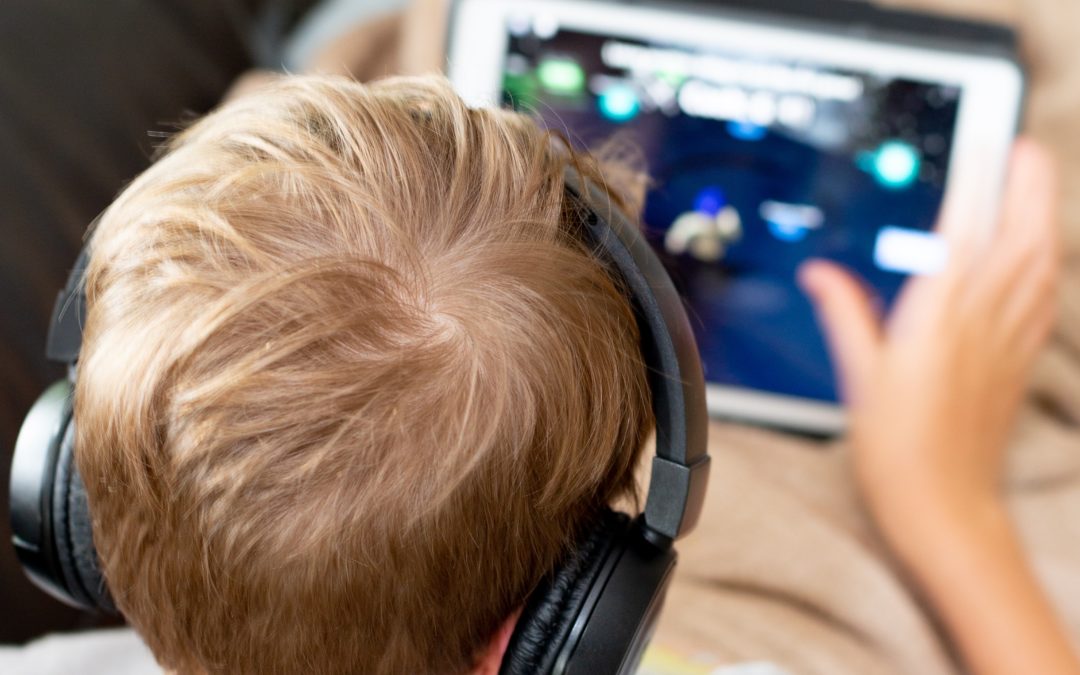
The current world is an uncertain one for our kids. Lockdown has left them off school, educated by frazzled parents, separated from their friends, unable to enjoy their usual activities and in many cases struggling to sleep. Our children are aware of a threat they don’t quite understand, having been asked to stay at home and wear masks. The overall effect may have left your child with sleep problems or anger issues. If you have found yourself worrying, wondering how I can help my anxious child then Fegans counsellor, Louise Tantam has some essential advice for you:
Dealing with anxious thoughts
Children can be helped to recognise the difference between ‘real’ worry thoughts and ‘what if’ thoughts.
A real worry thought might be about going on a trip without a parent for example, which you can then help them manage, perhaps by doing a local test run etc.
A ‘what if’ worry comes from the child’s imagination, and is usually a fear of what might happen- for example frightening noises they hear at night. You can help them process those fears more rationally by showing them what they are really hearing (water pipes, or the wind, for example) to help calm the fear.
If your child is anxious at bedtime or struggling to sleep read more here about parenting a child with nightmares.
Drawing

Drawing a picture of what is making a child anxious helps process strong emotions. The child can tell you about their drawing which can be easier than talking about their worry. Helping children choose what to do with the drawing helps them control a worry. Do they want to keep it, tear it, stamp on it or throw it away?
A worry monster

Some children respond well to the idea of giving a worry to a worry monster, which can be home made from boxes with a slit for a mouth to post worries in, or can be shop bought. Ask your child to write down their worry and post it into the monster for him to eat up.
Writing

Older children can write about their worry in a journal. They could choose to talk about it or keep it private. Some older children find it easier to message a parent or carer on a phone with their worry rather than speak about it.
Recognising feelings in the body

When children are anxious, they can be helped by asking them how their worry is making their body feel. Do they say their tummy aches or feels funny? Do they have thoughts in their brain that never stop? Learning to relax the body’s muscle system allows children to control the escalation of physical symptoms.
To help this, they could try:
Breathing: Hold a hand out and trace around each finger. Breathe in up the finger, hold your breath, breathe out down your finger. Repeat five times.
Learning to relax body muscles: Make yourself a stiff as a robot, slowly change each part of your body into a floppy rag doll.
Children can also put together a calm down box to use when they are feeling anxious. It can contain bubbles to blow, playdoh to feel, fidget toys, and something to smell, such as lavender.
Releasing tension

A good cry can be healing, and feelings can be let out in a safe way such as punching or kicking a pillow. Going for a walk or another form of physical activity such as skipping or jumping on a trampoline can work wonders. If a child wants to be alone, reassurance should be given that you understand their wish but are available if they want you.
If you are concerned about your child contact your GP who can help support you and signpost you to available services. You are welcome to come and ask questions in our forum and our parent support volunteers will listen and share their experiences with you.
Useful links and further information:
Have you considered counselling for you or your teenager?
If you would like to find our more information about our online counselling, provided by experienced and qualified counsellors leave your details below and Debbie will be in touch for an informal chat to talk through the process and the costs. We work with young people (aged 10 and over) and parents.









